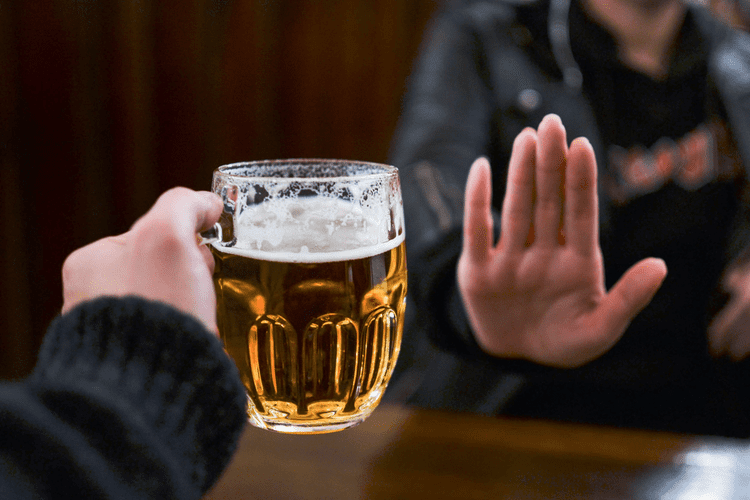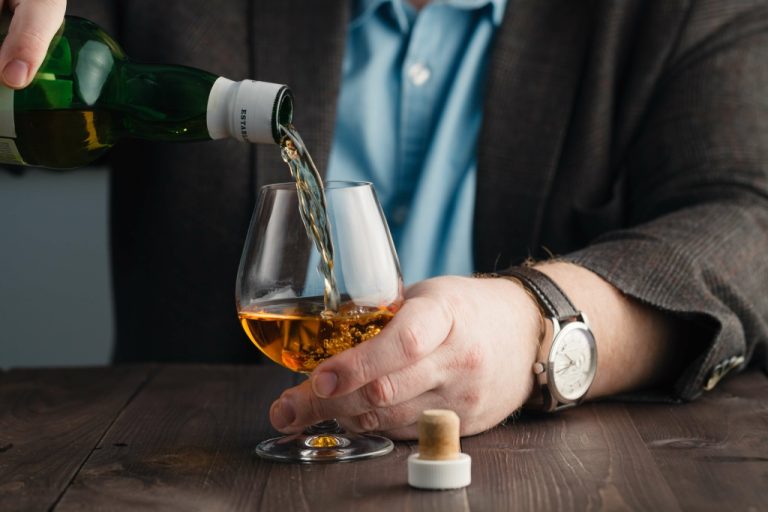Healthy relationships can act as buffers against common relapse triggers such as stress, loneliness, and negative emotions. Engaging with supportive individuals can help identify these triggers, allowing for proactive strategies https://nowasm.pl/best-addiction-sobriety-tattoo-ideas/ to be employed. Groups like Alcoholics Anonymous offer a platform for sharing experiences, reinforcing commitment to sobriety, and cultivating personal bonds that mitigate feelings of isolation. The importance of surrounding oneself with positive influences cannot be overstated; it creates an environment conducive to healing and sustainability in recovery. External triggers are easier to identify and manage than internal ones.
The importance of relapse prevention in recovery
Especially your new life you are building for yourself and your future. While putting these relationships on hold, you will be giving yourself the opportunity to focus on yourself more deeply. Avoidance relapse occurs when you focus on any distraction other than putting the time and effort into furthering your recovery goals.
- Through repeated substance use, the brain creates strong associations between specific cues and the anticipated reward of using.
- A trigger is something that calls up a memory of drug and alcohol use or that causes a craving or desire for substance abuse.
- Support groups offer a sense of belonging and understanding, while professional therapy provides tailored tools for emotional regulation and trigger management.
- There are four main types of triggers—emotional, environmental, internal, and external—that can provoke the urge to use substances.
- But external triggers can become internal triggers if they bring up experiences you haven’t processed.
Chronic Physical Health Conditions
These feelings can make you vulnerable to the temptation of using substances as a coping mechanism. Common signs of emotional relapse include isolating yourself, neglecting self-care, and engaging in unhealthy behaviors. Recognizing and managing both types of triggers is crucial for successful recovery.

What Are Internal and External Triggers?
Relapse triggers are social, psychological, and emotional situations and events that may lead an addicted person to seek out their substance of choice and ultimately relapse. Staying humble in addiction recovery can help prevent overconfidence and the potential for relapse. By remaining vigilant and dedicated to your sobriety, you can reduce the risk of falling back types of relapse triggers into old patterns and maintain your hard-earned progress. These changes can cause stress, anxiety, and uncertainty, which can lead to cravings and make it harder for individuals to cope with their addiction.
Internal triggers involve emotional and psychological states such as stress, loneliness, anxiety, boredom, or negative thoughts. These internal cues can be subtle and harder to recognize but significantly influence the individual’s desire to relapse. Internal triggers are thoughts, memories, or physical sensations that prompt Sober living house cravings. These might include hunger, physical discomfort, negative self-talk, or intrusive memories related to substance use.
- They may be able to connect you to healthcare services that help people address chronic issues in ways that are safe.
- Relapse prevention is an umbrella term that refers to strategies that help reduce the likelihood of relapsing.
- The acronym “HALT” stands for Hungry, Angry, Lonely, and Tired—four common conditions that can trigger a relapse.
- The triggers listed above might not apply to everyone and could vary depending on individual circumstances.
- As a result, when you are confronted with those things, you may experience a very strong desire to drink or get high again.
How Samba Recovery Promotes Self-Compassion in Recovery
In summary, relapse prevention requires continuous effort, awareness, and support. Staying committed to healthy habits, ongoing treatment, and using resources effectively sustains long-term sobriety, making the recovery journey a resilient and adaptive process. Therapeutic approaches such as Cognitive Behavioral Therapy (CBT) and Dialectical Behavior Therapy (DBT) are highly effective. CBT helps individuals identify negative thought patterns linked to triggers and develop skills to reframe them. DBT emphasizes emotional regulation and mindfulness, enabling people to handle intense emotions without turning to substances. It is important to note that the three types of relapse are often interconnected.

Challenging intrusive thoughts and replacing negative beliefs with positive affirmations can bolster resilience. Practicing gratitude helps shift focus away from cravings toward positive aspects of life. At United Recovery Project, our holistic approach to addiction treatment centers around addressing and healing the underlying issues at the root of addiction. These practices help you stay present in the moment, observe cravings without judgment, and recognize triggers without automatically responding to them. The places you used to use drugs or drink alcohol carry strong memories and may cause you to linger on thoughts of using again.
